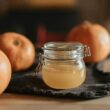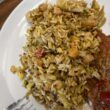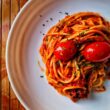It took me some time to discover the top 5 anti-inflammatory foods that have improved my gut health in my daily life. I used to fall ill frequently until I realized it was time for a change.
We often consume various foods, especially fast food, without knowing their impact on our bodies until we experience discomfort. From my own experience, I have listed the top five foods that have significantly improved my gut health. These anti-inflammatory foods not only offer delicious flavors but also bring a wide range of health benefits.
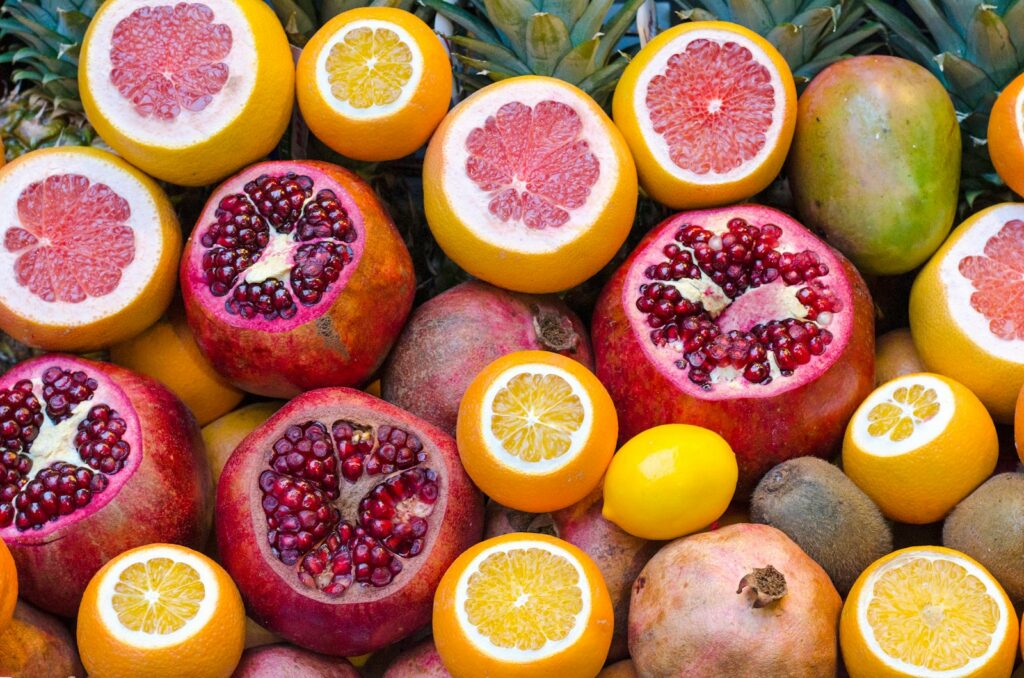
What Food Can I Eat to Prevent Inflammation?
When it comes to combating inflammation, one of the best strategies is to focus on incorporating anti-inflammatory foods into your diet. These foods can work wonders in reducing inflammation throughout your body, including in the gut. Some key players in the anti-inflammatory food game include: turmeric, oily fish, berries, leafy greens, ginger
Turmeric, with its active compound curcumin, is renowned for its potent anti-inflammatory properties.
Oily fish like salmon, mackerel, and sardines are rich in omega-3 fatty acids, known to help decrease inflammation.
Berries such as blueberries, strawberries, and raspberries are packed with antioxidants that combat inflammation.
Leafy greens like spinach and kale are not only nutritious but also anti-inflammatory powerhouses. And let’s not forget about
ginger, a spice that has been used for centuries for its anti-inflammatory and digestive benefits.
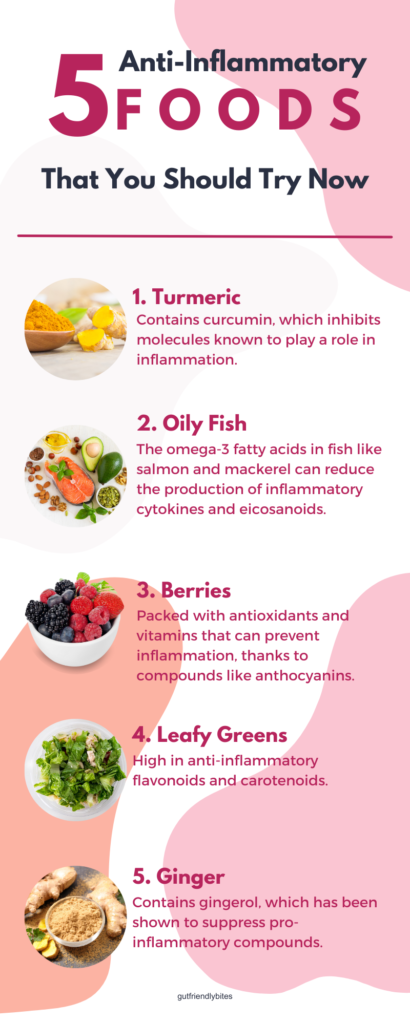
Foods to Avoid to Enhance the Effects of Anti-Inflammatory Foods
When it comes to benefiting from anti-inflammatory foods, avoiding inflammatory foods is crucial. Include whole, nutrient-rich foods in your diet to support your body’s balance and well-being. Here are some tips to help you make positive changes to your diet and promote overall health:
- Minimize or avoid processed foods, sugary snacks, and refined carbohydrates as they can counteract the effects of anti-inflammatory foods and trigger inflammation and digestive issues.
- Opt for fresh fruits instead of processed snacks, choose whole grains over refined carbohydrates, and prioritize lean proteins to help reduce inflammation in your body.
- Focus on nourishing your body with foods that enhance your well-being rather than depriving yourself.
- By incorporating more anti-inflammatory foods while reducing inflammatory ones, you can take proactive steps towards a healthier and happier lifestyle.
What Diet Can I Do That Includes These Foods?
The Mediterranean diet is widely known for its anti-inflammatory benefits, making it a valuable addition to my own eating habits. This diet focuses on a diverse range of fruits, vegetables, whole grains, fish, healthy fats, and herbs, promoting the consumption of natural, unprocessed foods and minimizing red meat intake. By following the Mediterranean diet principles and integrating these anti-inflammatory foods into your daily meals, you can actively reduce inflammation in your body.
- Fruits and vegetables, staples of the Mediterranean diet, are rich in essential nutrients and antioxidants that combat inflammation.
- Whole grains offer fiber and vital nutrients, supporting overall health and wellness.
- Fatty fish like salmon and mackerel, with their omega-3 fatty acids, are renowned for their anti-inflammatory properties.
- Healthy fats such as olive oil and nuts provide a heart-healthy alternative to saturated fats, aiding in a balanced and anti-inflammatory diet.
Including herbs and spices like garlic, turmeric, and ginger not only enhances the taste of your meals but also adds extra anti-inflammatory benefits.
By embracing a Mediterranean-style diet filled with these anti-inflammatory foods, you can proactively enhance your health, well-being, and diminish inflammation in your body.
Lifestyle Changes to Reduce Inflammation
Beyond diet, certain lifestyle changes can also reduce inflammation:
- Regular Exercise: Helps decrease inflammation and improve immune function.
- Getting Enough Sleep: Poor sleep is linked to increased inflammation. Aim for 7-9 hours per night.
- Managing Stress: High-stress levels can worsen inflammation. Techniques such as meditation, yoga, and deep breathing can help manage stress.
Eliminating “Inflammatory” Foods
Processed and junk foods are the main culprits of inflammation. Reducing these and incorporating whole, nutrient-dense foods can significantly improve gut health and reduce the risk of inflammation-related diseases. By focusing on a diet rich in anti-inflammatory foods and following a Mediterranean diet, you can protect against inflammation and support long-term health.
Conclusion
In conclusion, prioritizing anti-inflammatory foods in your diet and making positive lifestyle changes can significantly improve your gut health and overall well-being. Incorporating ingredients such as turmeric, oily fish, berries, leafy greens, and ginger helps fight inflammation and support a healthy gut microbiome.
Moreover, adhering to a Mediterranean-style diet, engaging in regular exercise, and managing stress can reduce inflammation and boost gut health. These lifestyle adjustments play a key role in enhancing digestion and overall health.
Remember, it’s not just about what you eat but also what you avoid. By steering clear of inflammatory foods like processed snacks and sugary treats, you allow anti-inflammatory foods to work effectively in benefiting your body.
